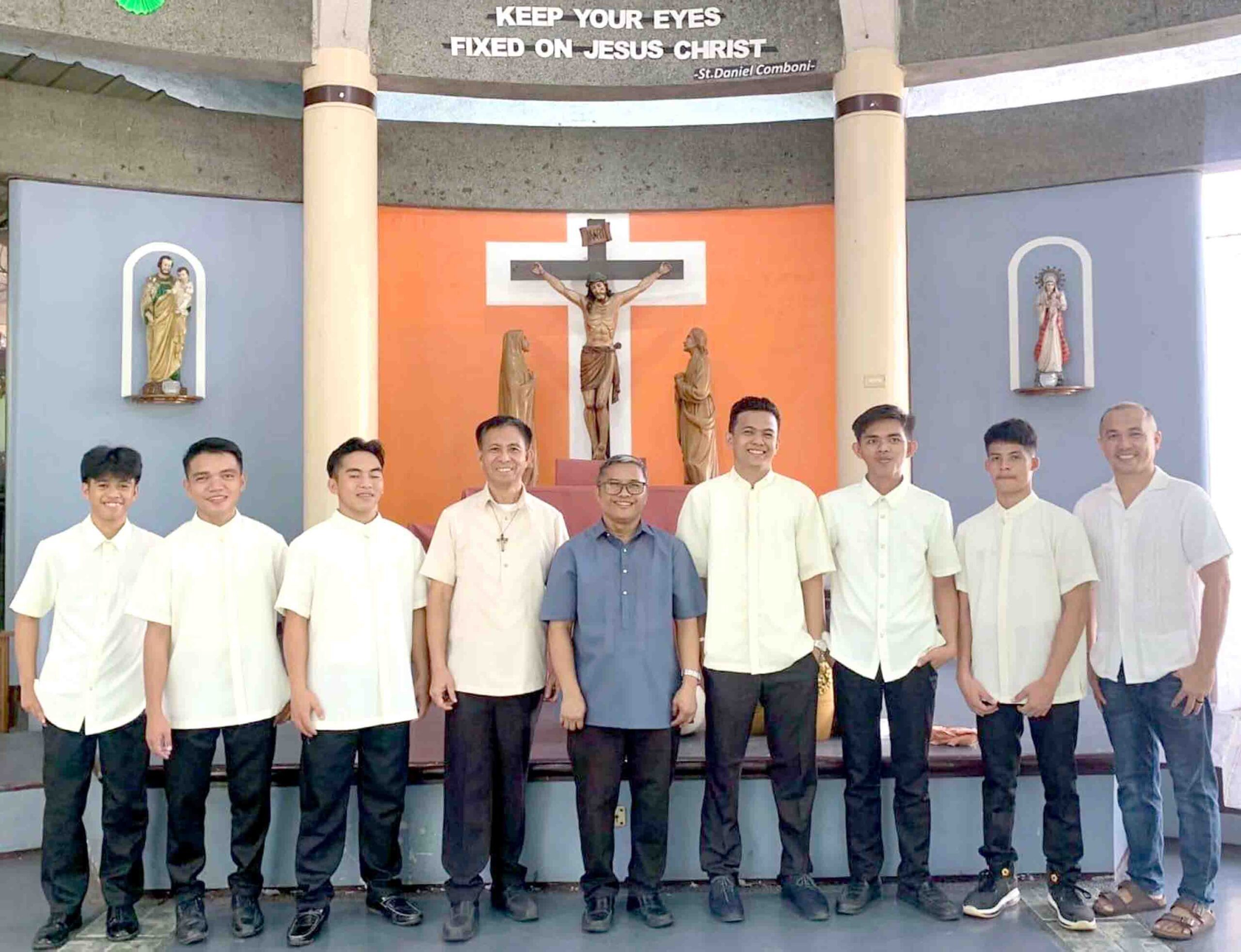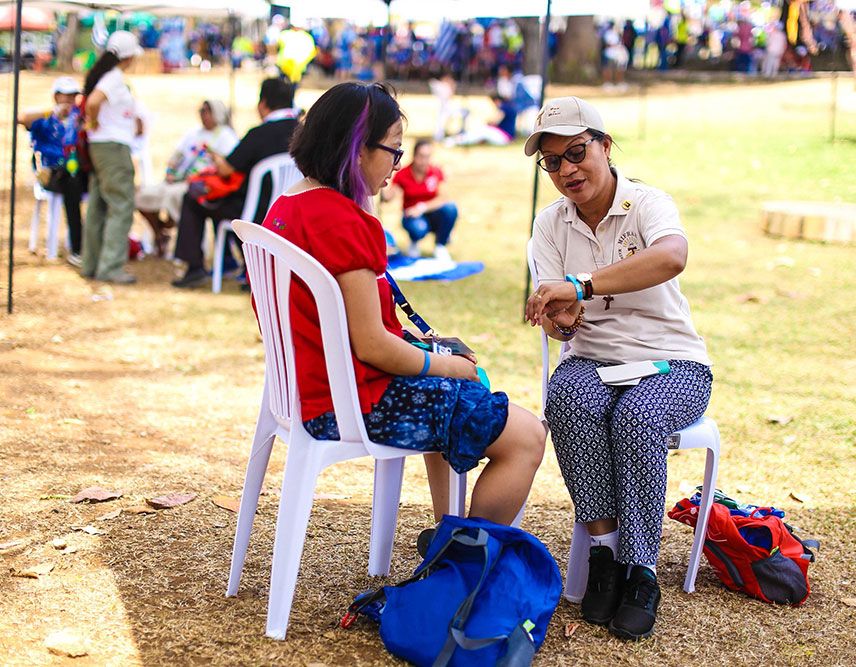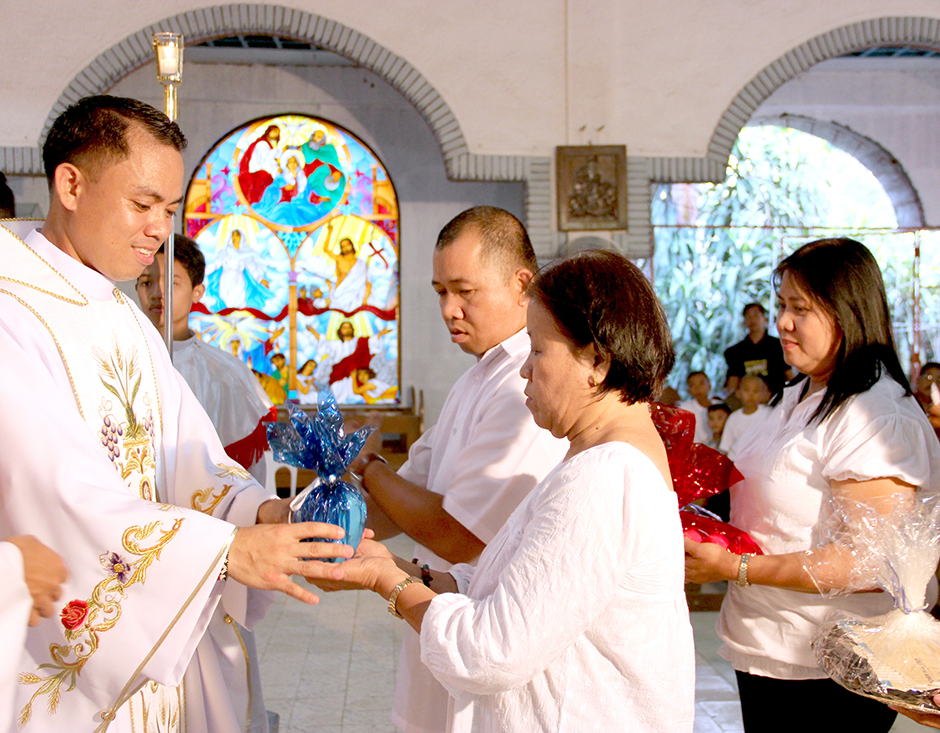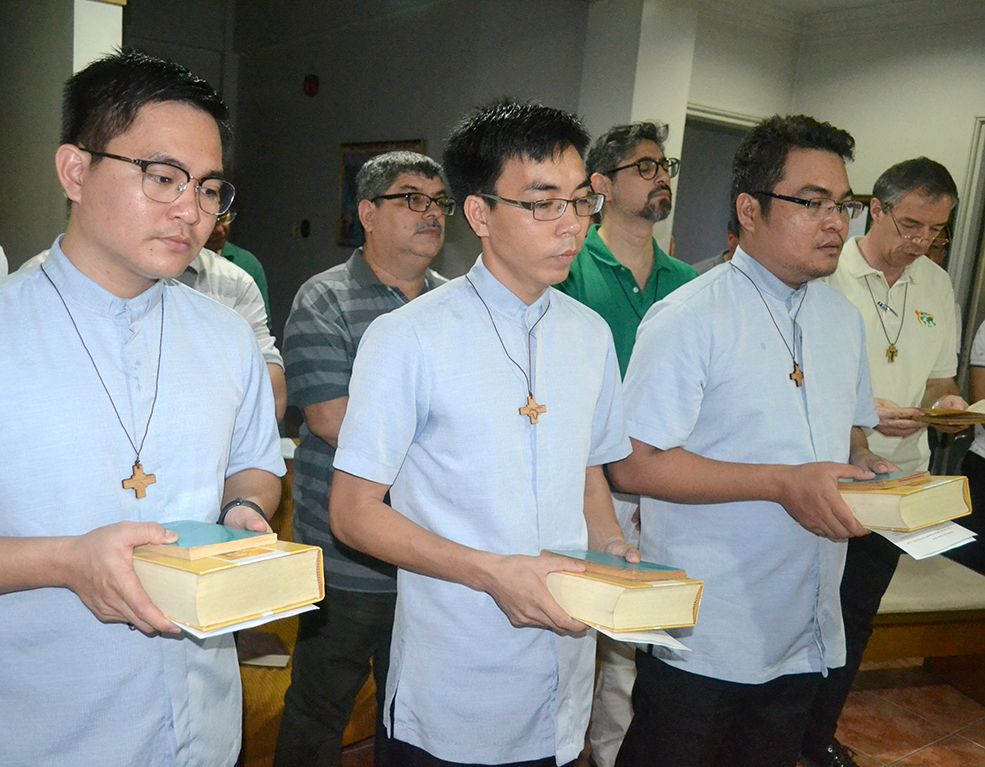Often, when one speaks of vocation, the idea of “I want to be this” or “I want to do that” arises at once, and all language seems to point to a distant future which, at present, is impossible to realize.
Little by little, all vocational discourse gains a futuristic (and sometimes utopian) dimension, as if we could not vocationally realize ourselves in the present. So, what do we do? In most cases, one is left waiting for the time for things to be realized. While in this passive waiting, the vocation becomes more and more distant and presents itself as an unreachable objective.
At first glance, this seems to be a very negative reading of reality, but in the face of so many dreams that have yet to be realized and so many who, now older, repeat, with disillusionment – “if at that time I had done this … now it is late …I wanted to, but then circumstances did not allow me …” – it is important to caution that vocation is not an isolated event that only happens in adulthood.
Can it be said that a seedling that has just germinated is less of a tree than one that already bears fruit? Didn’t the tree start as a seed? The same thing happens with us. We are born as vocational beings. In this sense, vocation encompasses our whole existence: what we are and what we want to be.
Consequently, it encompasses everything we do and what we want to do. The secret is to discern the traces of our vocation at each moment in our life, to let ourselves be led and to tread a path capable of leading to wholeness.
The Way Of Vocation
Discernment is the path that allows the “now” of vocation. As we grow, we discover who we are and we feel called to do something more. However, to answer to this call in the future is to deny the vocation in the present moment.
At all times, there are steps that can be taken towards a full discovery and experience of vocation: through formation, an open dialogue with someone who can help us discern, and so on. In Europe, we see children who have not yet reached school age being accompanied by professionals who teach them and help them meet the challenges of the school system. Little by little, they are prepared for the future.
In vocation the principle is similar. However, it is important to bear in mind the appropriate differences. In the vocational journey it is the person who takes the initiative of setting off, not waiting for others to do it for him or her.
Walking Towards A Horizon
One day I heard a song sung by a group of young people, which started with these lyrics: “I walk without seeing the way …” I kept thinking about the lyrics of this song and looking at the vocational question, I realized that this is precisely the difficulty when it comes to taking the first steps on the path of vocation. In fact, as in the song, it seems frightening to think of walking without seeing the way. However, the secret is not “to know the way” (Jesus is the way, therefore, there is nothing to fear); the secret is to have a horizon towards which one walks and in which one has his eyes fixed, whatever happens.
A drifting boat will certainly not reach its destination. In the same way, a tree that grows with no help develops with greater difficulty and cannot maintain its growth. In general, we all need to have a direction and an aid to achieve the goal that we want.
This is a situation that occurs to everyone. No one is born knowing everything about oneself. Take the example of the disciples. They lived with Jesus for some time, and yet when it came to being consistent with their vocation and the answer they wanted to give, they needed help from one another, the community and the Holy Spirit.
Saint Daniel Comboni also asked for help in his discernment and in his missionary life, never doubting that “if the first steps are taken, God will show us the right way” (Writings, 911). What is important is to actually take the first steps rather than wait passively. Only in this way can we glimpse what we want to achieve and walk confidently toward it.
In fact, “if the Church accepts, we will have money and people and valuable cooperation and everything; the Plan will follow a good course.” Otherwise, Saint Daniel Comboni tells us, “efforts will be worth less than zero” (Writings, 959). With discernment, we not only gain a “vocational security”, we gain companions which we never think we have, to walk, despite the difficulties and obstacles that may arise.
Vocational Plenitude
The desire to reach the fullness of vocation lifts us up and makes us dream. However, it would be misleading to think that this desire can only be fulfilled in the future and under certain circumstances. In fact, if we wait for the right moment or the ideal conditions to take steps towards a full and authentic life, we will always be stranded on the way, always waiting for something that does not arrive. We allow ourselves to be passively carried by what is external to us and not by what we truly are.
The here and now of vocation can only take place insofar as we dare to walk. In fact, vocation does not have an appointed time. There is no occasion when it is said “at this moment, I began to realize, and I definitively realized, my vocation!”
Vital And Dynamic
The vocation is a lifelong project. It is as vital and dynamic as breathing. We cannot inhale and exhale only once in a lifetime. On the contrary, breathing, even without realizing it, is a constant action that keeps us alive. To dare to live each moment towards a vocational fullness is to experience the fullness of life, without which we would suffocate.
We have to place the here and now in the vocation to which we are called to discover, through serious and accompanied discernment, the path we follow. This vocation is driving us to go to the horizon dreamed by us and by God Himself.




























